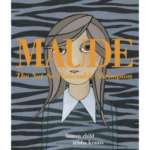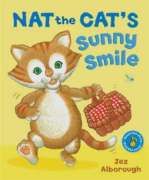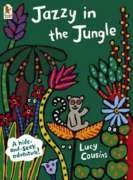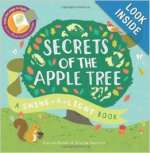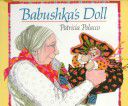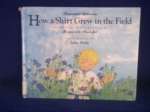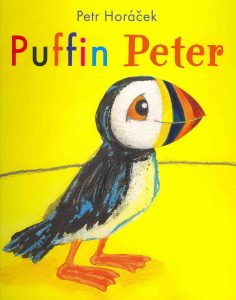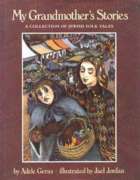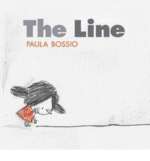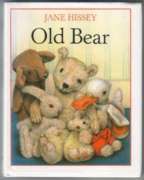
Old Bear has been up in the attic for a very long time, but he hasn’t been forgotten. Bramwell Brown and his friends Little Bear, Duck, and Rabbit attempt to rescue Old Bear from the attic and bring him safely back home. A beautifully-illustrated classic picture book from popular author-illustrator Jane Hissey tells the familiar story of how a much-loved teddy bear is lost and finally found again.

